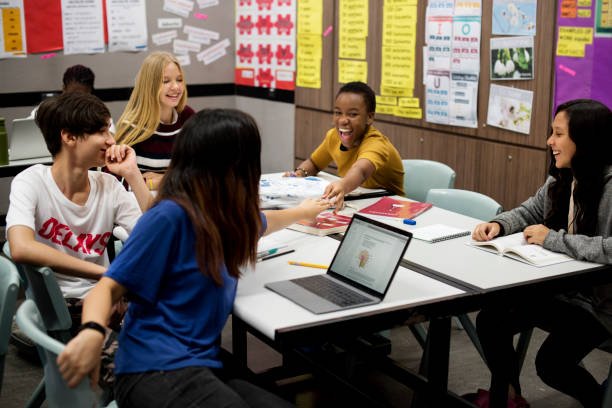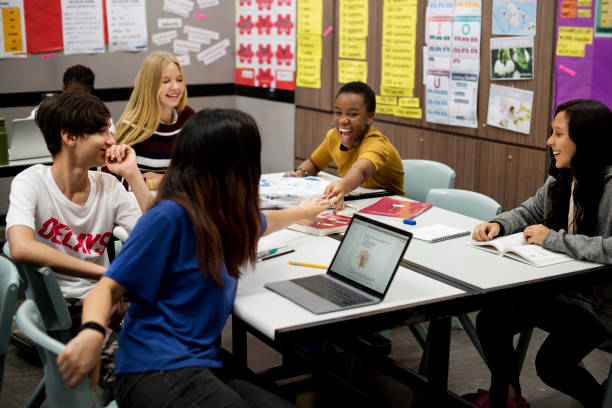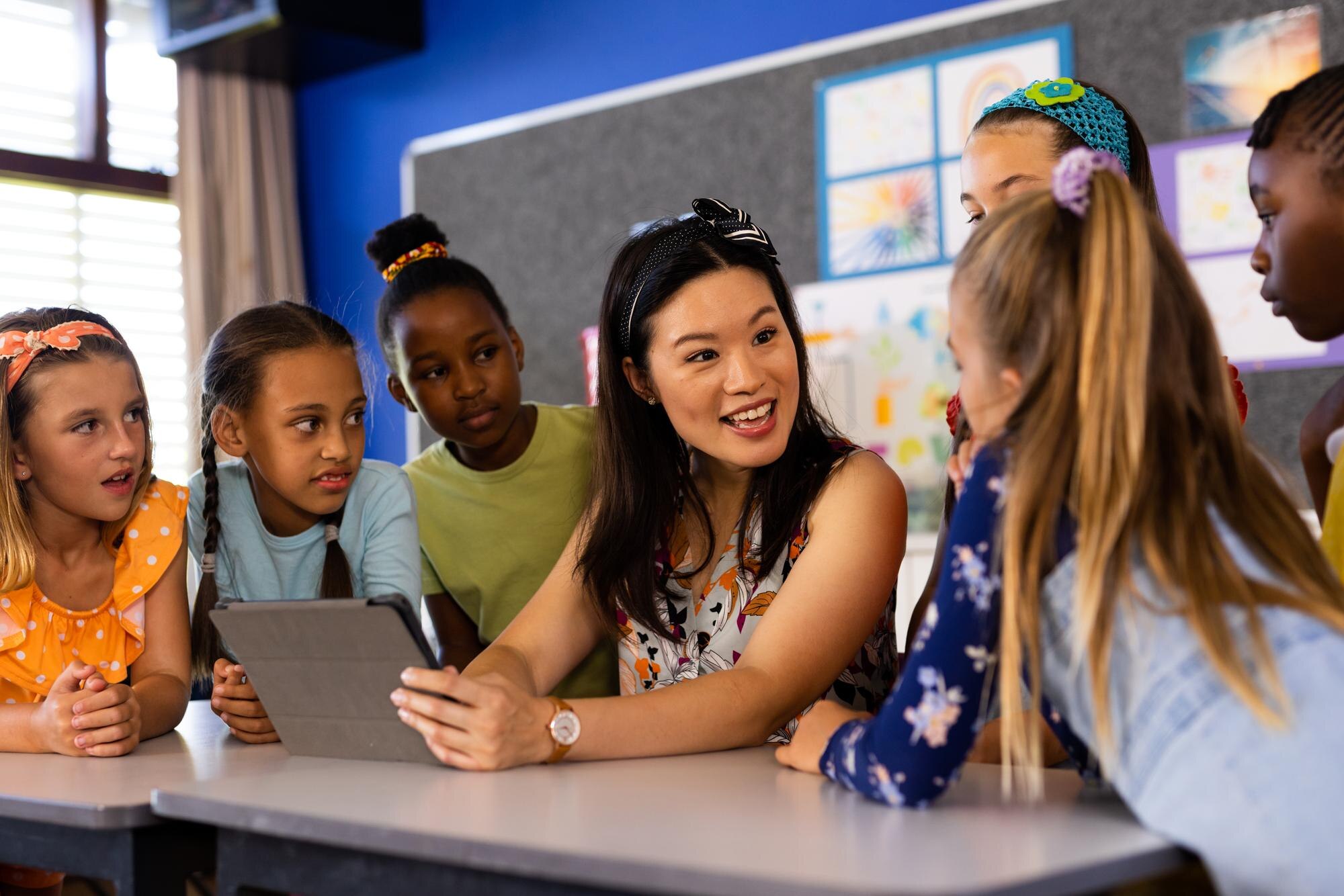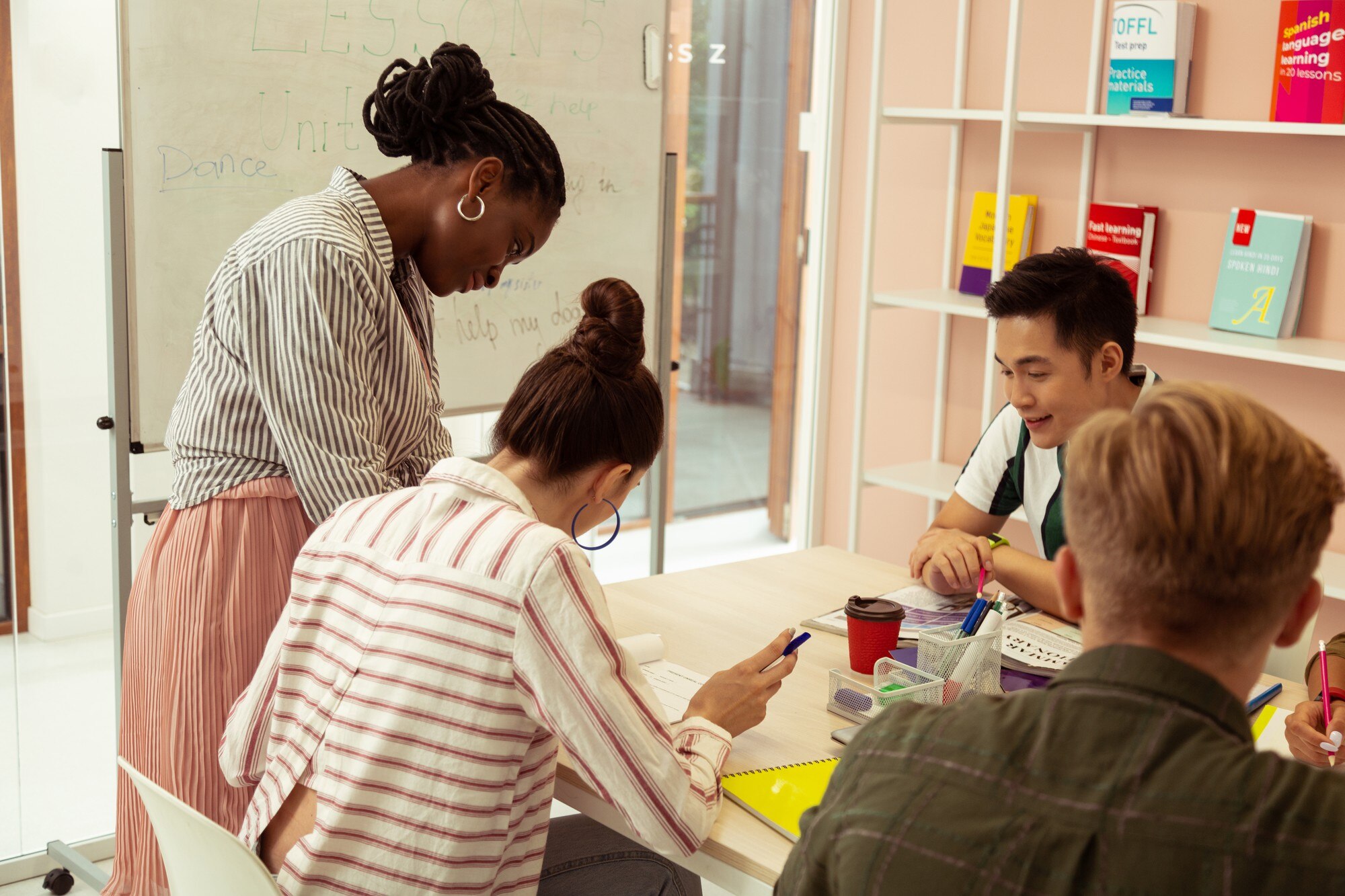
Group of diverse high school students studying in class
Empowering Gifted Students: Top Strategies for Educators to Build Resilience and Confidence
Gifted students often face emotional hurdles that can overshadow their incredible potential. As educators, you hold the key to unlocking their resilience and confidence. It’s not just about teaching; it’s about nurturing their emotional well-being. Imagine a classroom where every student feels empowered, valued, and ready to tackle challenges head-on. This post will equip you with practical support strategies to transform that vision into reality. Embrace these insights, and turn your classroom into a sanctuary of growth and discovery. Join us for more at our upcoming workshop.
Understanding Gifted Students

Gifted students possess unique abilities but also face distinct emotional and educational challenges. Understanding their needs is essential for educators to provide the right support.
Emotional Challenges Faced
Gifted students frequently encounter emotional challenges that can impact their well-being. High expectations from themselves and others can lead to anxiety and perfectionism. These students might also feel isolated due to a lack of peers who understand their experiences. Addressing these issues requires recognizing the pressures they face.
Real-world examples show how these emotional hurdles can manifest. A student excelling academically might struggle with feelings of inadequacy in social settings. Teachers should be aware of these dynamics.
Key insight: Recognizing and addressing emotional challenges is vital to prevent feelings of isolation and anxiety.
Recommendation: Foster open communication and provide a safe space for students to express their emotions.
For more on this topic, explore Edmentum’s article on teaching gifted students.
Recognizing Their Unique Needs
Gifted students have unique educational needs that require specialized strategies. They may need a curriculum that moves at a faster pace or includes more complex material. Recognizing these needs helps educators provide effective support.
Key considerations include understanding students’ learning styles and offering personalized instruction. Flexibility in teaching methods ensures that gifted students remain engaged and challenged.
Personalized attention: Tailor activities to individual strengths and interests.
Curriculum adjustments: Provide advanced materials and opportunities for deeper exploration.
Educators can learn more about recognizing and addressing these needs at the Genie Academy blog.
Building Resilience in the Classroom

Creating an environment that encourages resilience is crucial for the development of gifted students. This involves providing emotional support and fostering a culture of growth.
Creating a Supportive Environment
A supportive environment is foundational for helping gifted students build resilience. Teachers play a crucial role in creating this atmosphere by showing empathy and understanding. This involves more than just academic support.
Case studies show that a nurturing environment promotes resilience. For example, a school that implements social-emotional learning programs sees an improvement in students’ abilities to handle stress.
Empathy and understanding: Listen to students’ concerns and validate their feelings.
Social-emotional learning: Integrate activities that promote emotional awareness and coping skills.
For guidance on creating supportive environments, visit ESCCO’s article on addressing the social-emotional needs of gifted students.
Encouraging Risk-Taking Safely
Encouraging risk-taking is essential for fostering resilience. Gifted students can benefit from stepping outside their comfort zones, but it is important to do so safely.
Steps to encourage safe risk-taking:
Set clear expectations: Explain the benefits and potential outcomes of risk-taking.
Provide a safety net: Ensure students know they have support if things don’t go as planned.
Reflect on experiences: Encourage students to discuss what they learned from taking risks.
Real-world example: A student who participates in a new extracurricular activity learns to manage fear of failure and gains confidence.
Additional tips can be found at Gifted Challenges.
Strategies to Boost Confidence

Boosting confidence in gifted students requires thoughtful strategies that cater to their unique needs. These strategies involve adapting teaching methods and celebrating achievements.
Personalized Learning Approaches
Personalized learning is an effective way to boost confidence in gifted students. Adapting teaching methods to suit their individual learning styles can make a significant difference.
Key strategies include:
Flexible curriculum: Allow students to explore topics that interest them deeply.
Individualized feedback: Provide specific, constructive feedback that highlights strengths and areas for improvement.
Example: A student interested in robotics might be given the opportunity to work on advanced projects, boosting their confidence in their abilities.
Educators can explore more personalized approaches in the Genie Academy blog.
Celebrating Small Victories
Celebrating small victories is crucial for building confidence. Gifted students often set high standards, so recognizing incremental achievements can boost their self-esteem.
Steps to celebrate victories:
Acknowledge effort: Praise the process, not just the outcome.
Encourage reflection: Help students see how their efforts lead to growth.
Share successes: Create opportunities for students to share their achievements with peers.
Case study: A school that regularly celebrates student milestones sees an increase in student engagement and motivation.
For more ideas on boosting confidence and resilience, read the Gifted Challenges blog.
🌟 Join Our Workshop for More Insights! 🌟
Educators, embrace these strategies and transform your classroom into a nurturing environment where gifted students can thrive. Join our upcoming workshop for more insights! 🌟

A certified Heal Your Life® Coach with 20+ years in education and emotional development. Supports gifted teens in navigating anxiety, perfectionism, and identity challenges, while equipping parents with practical tools for lasting transformation. Sessions blend emotional healing, mindset mastery, and strategic empowerment.



